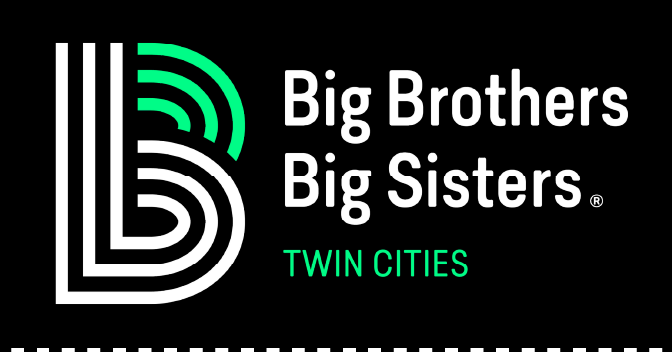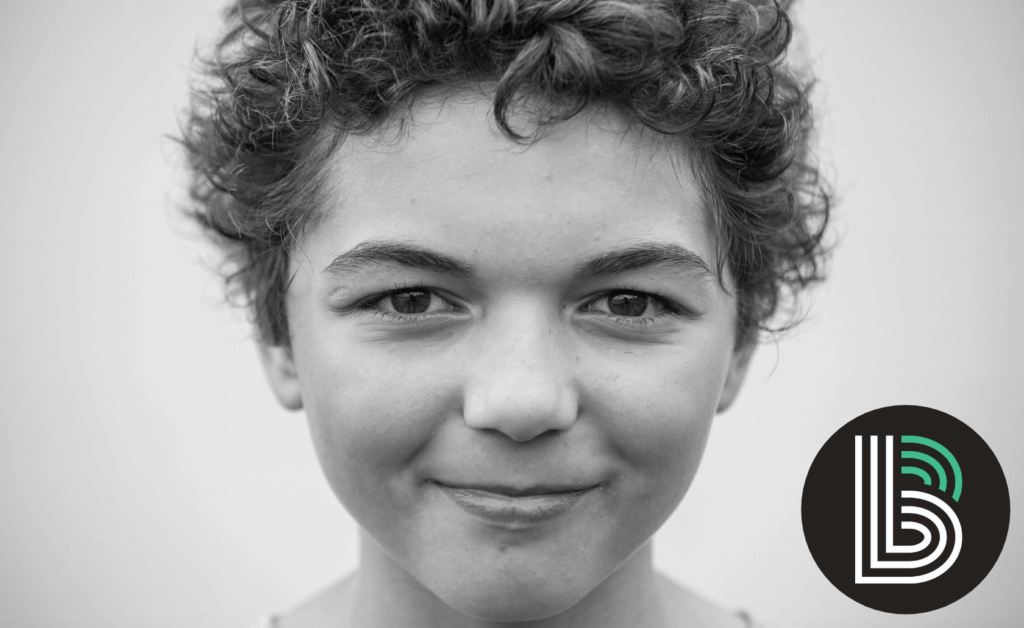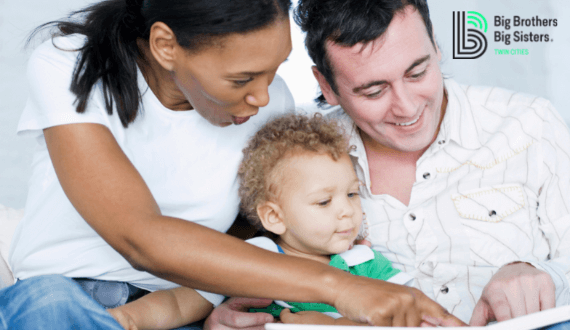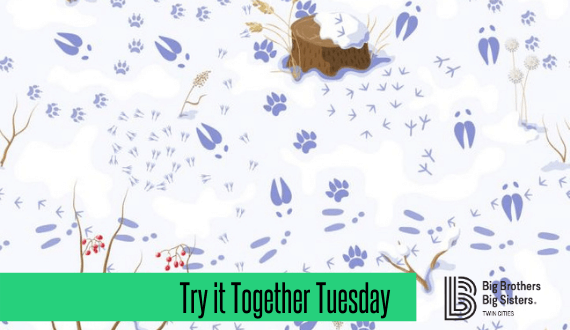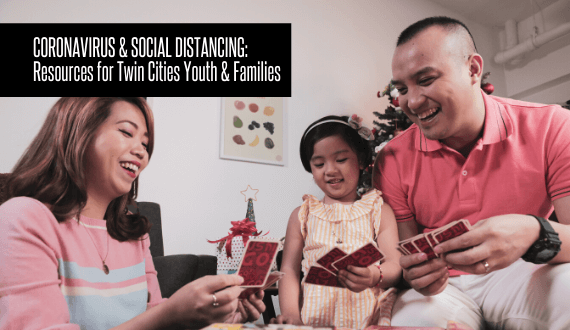
COVID-19: Resources for Twin Cities Youth & Families
March 19, 2020, bigstwincities
Educational Activities Kids Can Do at Home
- Ebooks Minnesota– read at least 30 minutes a day! 1000’s of free e-book are available
- Online Learning Platforms (Free/Low Cost Internet Resource Below if Needed)
- MPLS Online PK-12 Online Learning– Free online learning in English in Spanish, created by the Minneapolis School District
- Kahn Academy – non-profit providing online learning
- Desmos – free math learning
- Scholastic Learn at Home
- Drawing Activities
- Online Education Resources (Spreadsheet of resources – constantly being updated and mostly free!)
- Engineering education specific ideas
- Giant List of activity ideas generated by lots of community members!
- Easy Science Experiments using common household supplies
- Erin Jones is offering an hour a day through Facebook Live (which can be watched later any time) a discussion about equity – all ages!
- 12 Famous Museums that offer virtual tours!
Food Resources for Kids While Schools are Closed
St. Paul Public Schools
Please visit the school district’s website for the latest information.
Starting on Wednesday, March 18, school bus routes will be utilized as meal pickup locations. Parents are asked to accompany children, and each child will be provided a 1-week supply of meals. Bus stops will be scheduled each Wednesday, Thursday and Friday. Additional meals will be available for curbside pick up at designated schools. Please visit spps.org/ns for a complete list of meal times and locations.
All families are welcome to meet the bus at their regular bus stop to receive meals. Families who lack transportation or those with medically fragile children can request to have food delivered to their residence. Registration for home delivery is open at https://tce.me/hieVzY.
Minneapolis Public Schools
Please visit the school district’s website for the latest information.
Minneapolis Public Schools is providing students with meals while schools are closed due to the COVID-19 virus. These meals are intended to replace the meals services that students normally receive during the school day.
Meals are being given to students at several school locations throughout the city (see website for detailed list). Meals are given from school buses parked in school parking lots; school buildings will remain closed.
Meal pickup services begin Tuesday, March 17 and continue Mondays through Fridays from 10 am to 2 pm while schools are closed due to the COVID-19 virus.
Other Twins Cities Public Schools
School districts across Minnesota are creating plans to ensure that children will receive healthy meals during this time of school closure. Please check your school district, or school website for more information.
If you need help accessing this information, please contact your Match Engagement Coordinator or Katie via email at Ksobolewski@bigstwincities.org or phone at 651-491-1255.
Financial & Other Resources for Families
Comcast Internet Essentials – FREE for two months right now, normally $9.95 for low income families
United Way of the Great Twin Cities – If you or someone you know is in need, visit the website, dial 2-1-1 or text the letters MNCOVID to 898-211 for professional assistance.
Up-to-Date Coronavirus (COVID-19) Information & Precautions
Coronavirus Information in More Languages: The Minnesota Department of Health (MDH) has translated some of its Coronavirus information and materials into several languages. Please share with your families, volunteers and others.
- Coronavirus information in Spanish
- Coronavirus information in Hmong
- Coronavirus information in Somali
- You’ll find all of MDH’s available translated documents, PSAs and videos at this link
Tools for Talking to Kids About Coronavirus
Parents, volunteers, and staff may all be helping kids process the news around the Coronavirus. Big Brothers Big Sisters Twin Cities recommends the following resources:
- Child Mind Institute: Talking to Kids About the Coronavirus
- National Public Radio: Just for Kids: A Comic Exploring the New Coronavirus Epidemic
- Search Institute: 10 Ways to Respond to Fear and Scapegoating During the Coronavirus Epidemic
- National Association of School Psychologists: Talking to Children About COVID-19 (Coronavirus): A Parent Resource
- World Health Organization: Helping Kids Cope with Stress Right Now
Reducing Stigma Surrounding COVID-19
Fear and anxiety about a disease can lead to social stigma toward people, places, or things. For example, stigma and discrimination can occur when people associate a disease, such as COVID-19, with a population or nationality, even though not everyone in that population or from that region is specifically at risk for the disease. (Courtesy of CDC)
